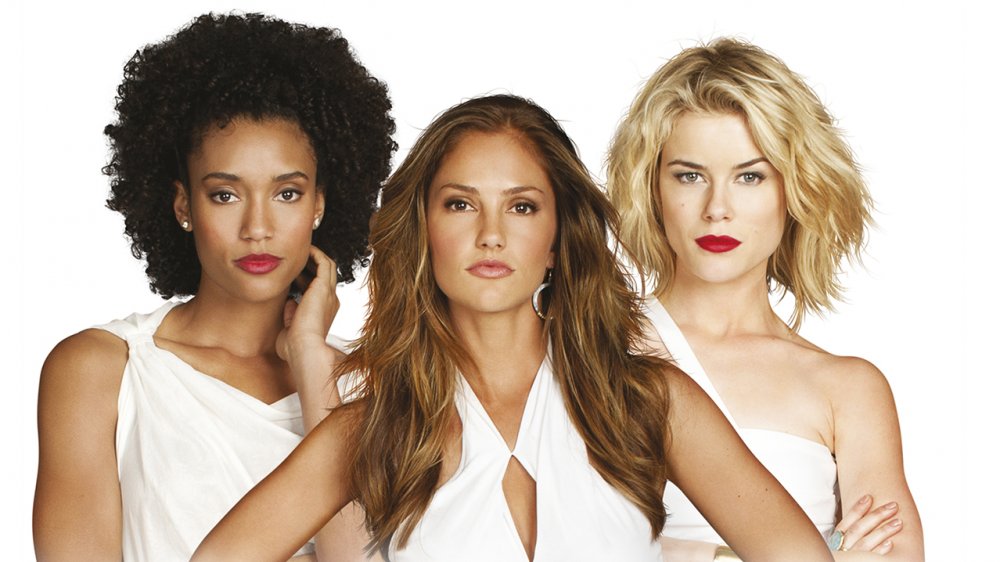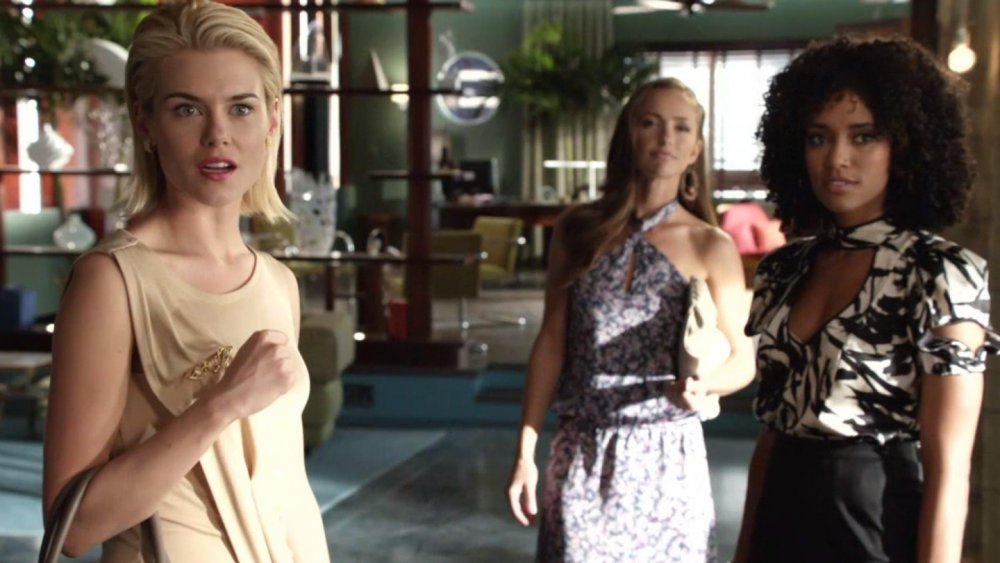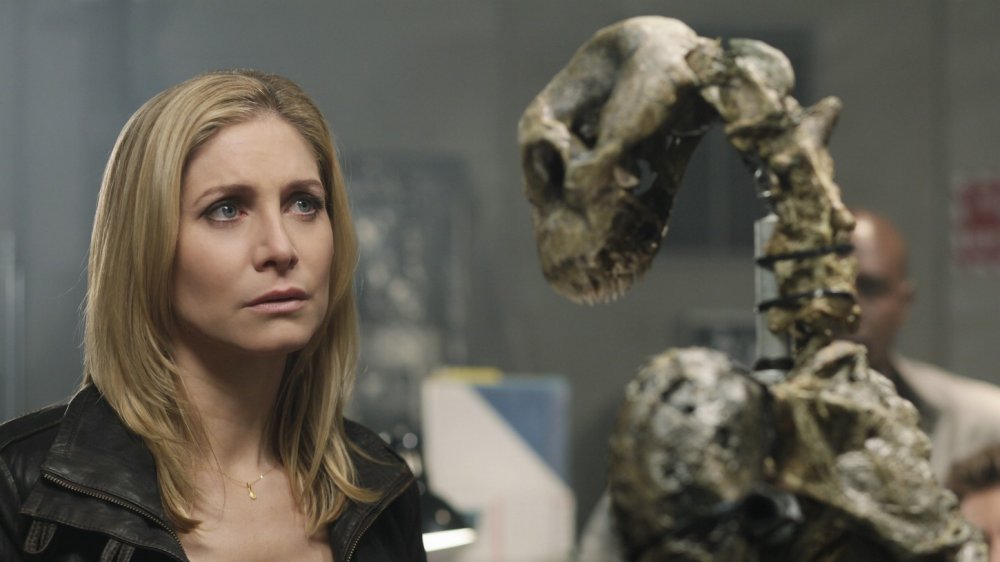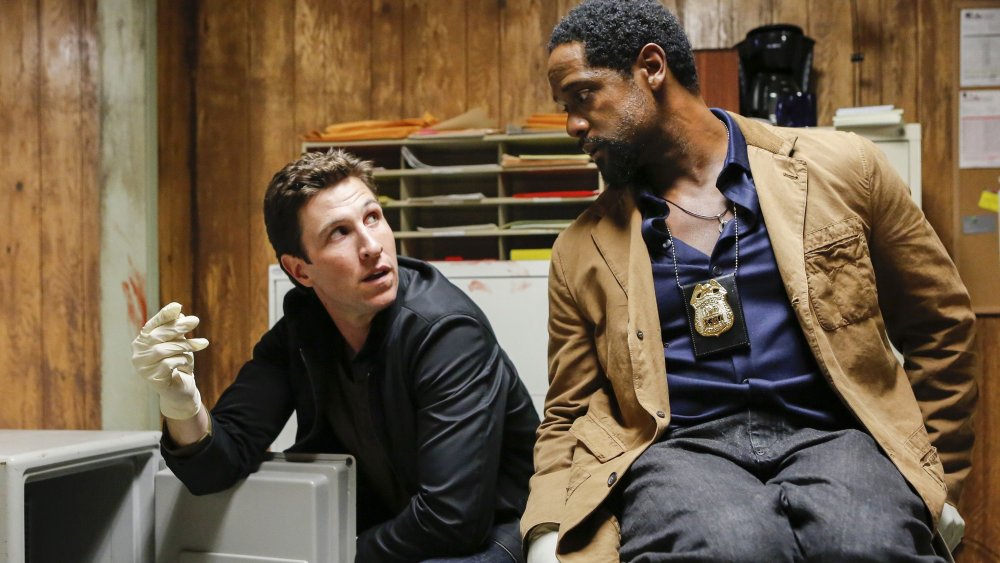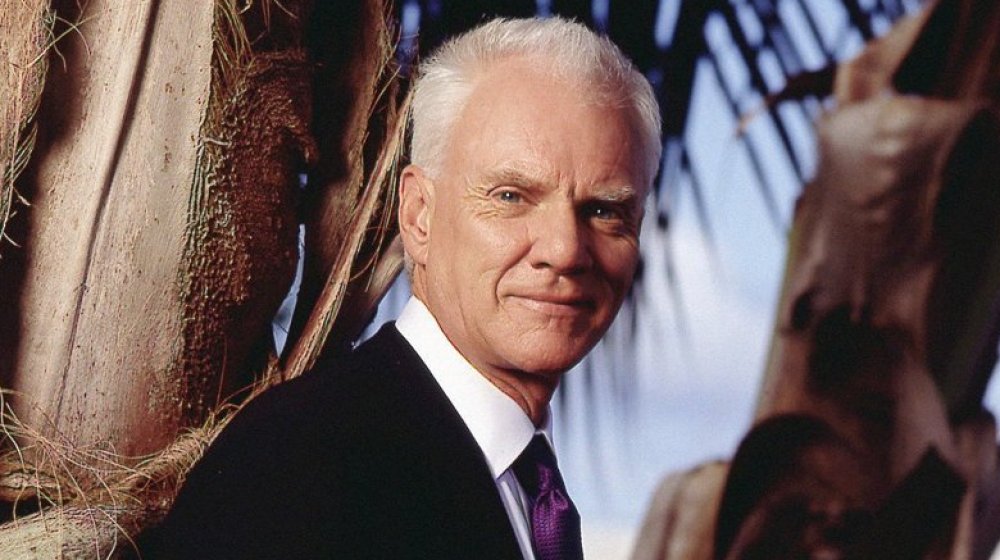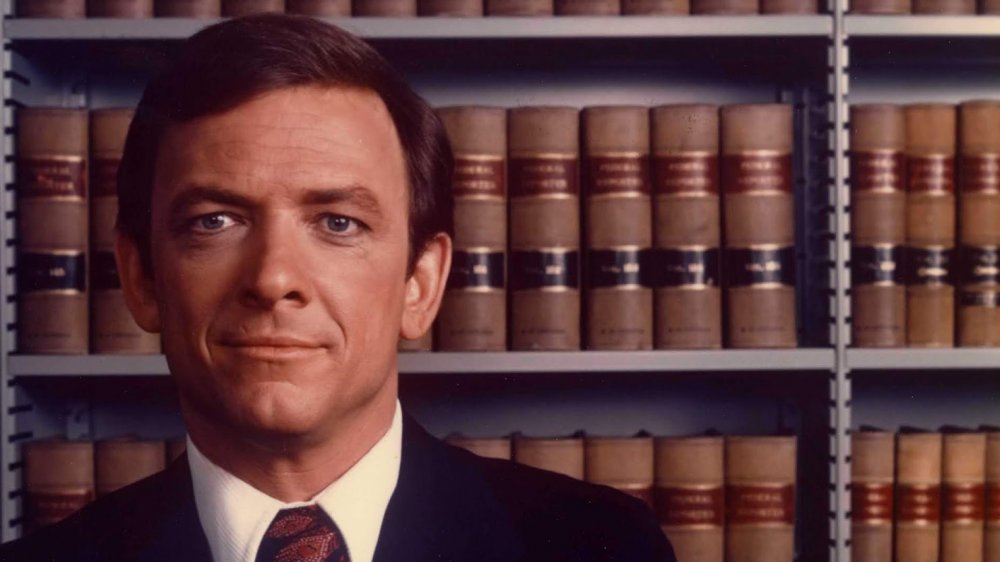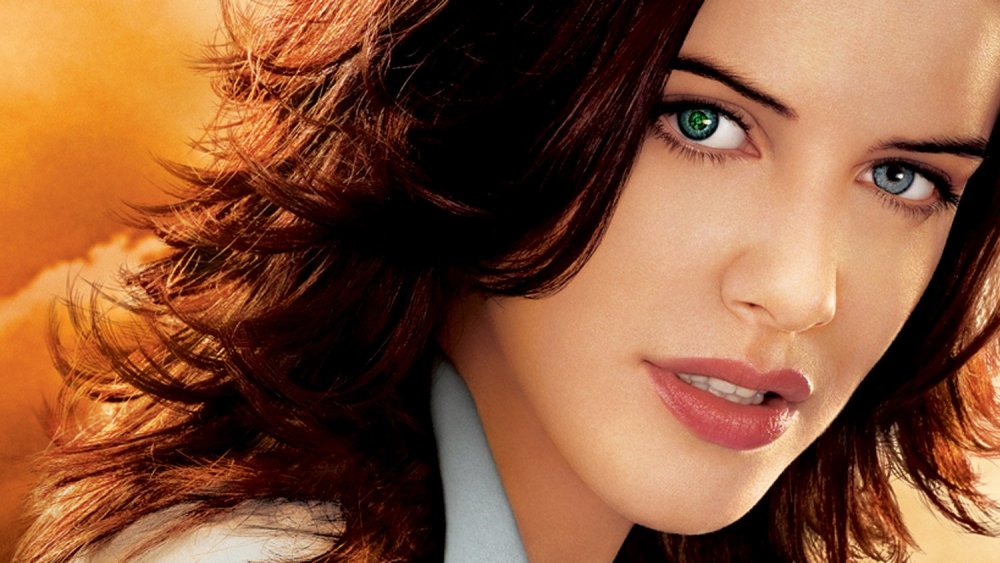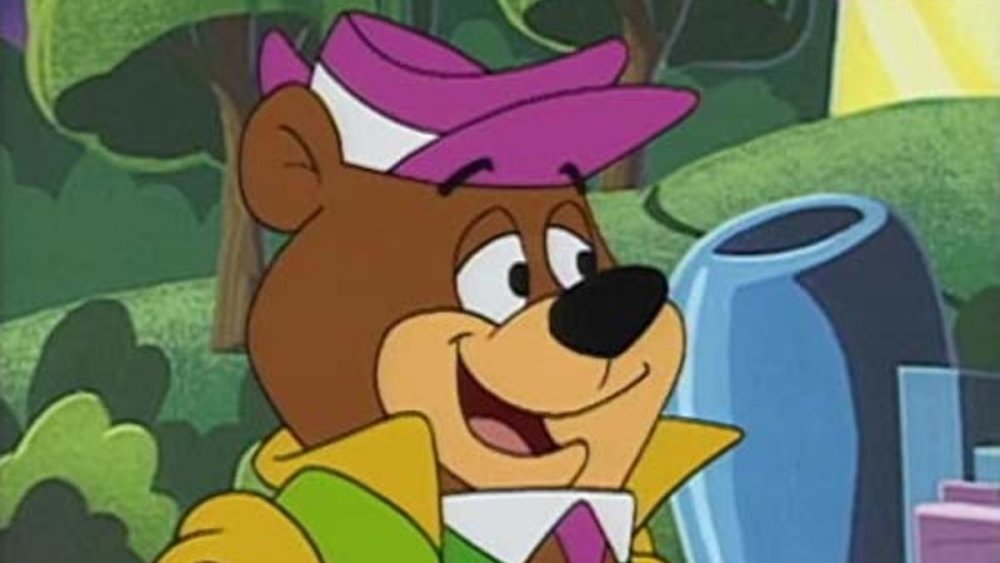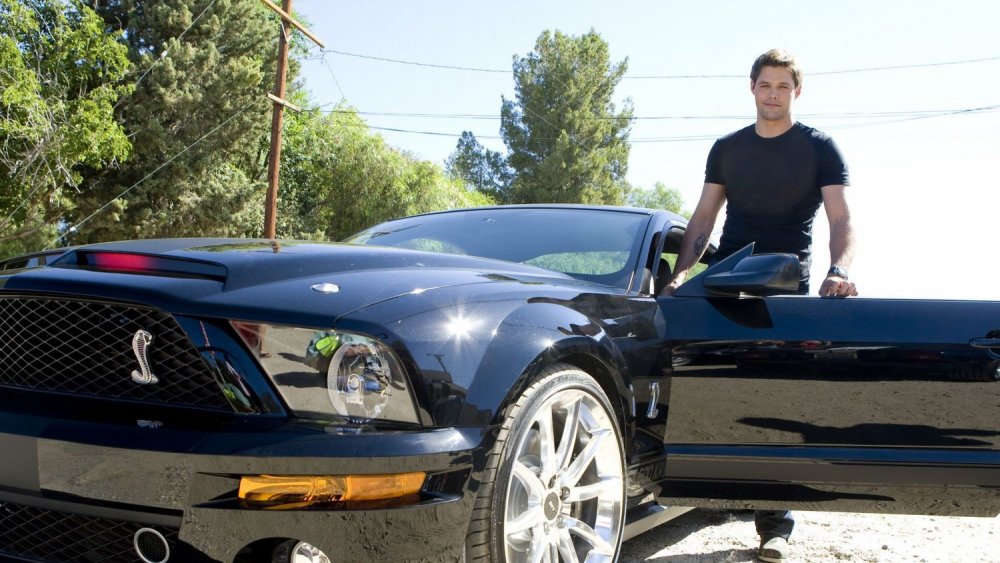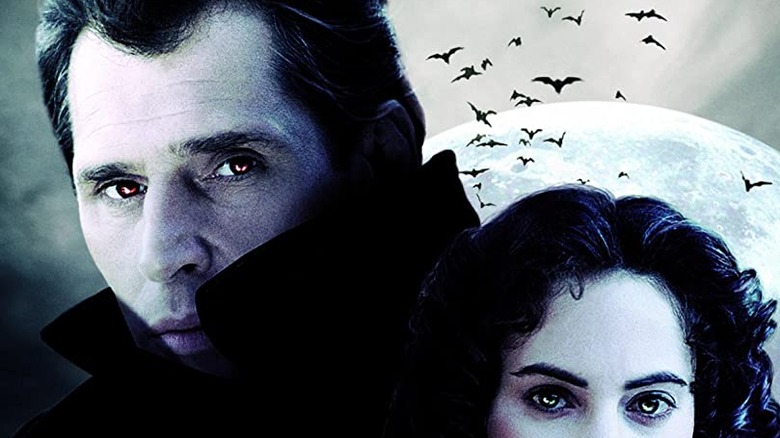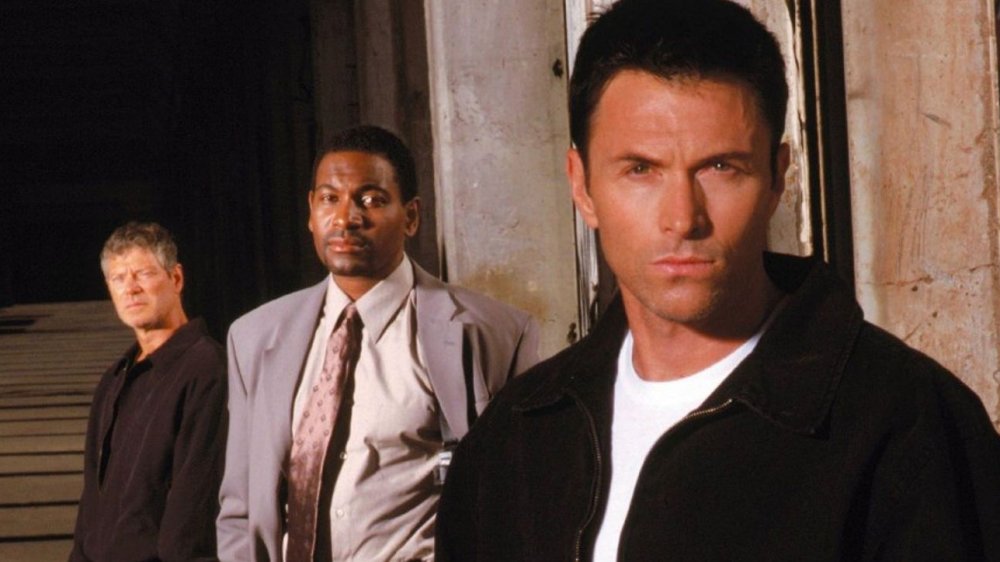The Real Reason These TV Show Reboots Bombed
The appeal of TV show reboots for studio executives is easy. On paper, filling up airtime with familiar brands is a much safer bet than taking a risk on something original. Audiences, on the other hand, aren't so prone to being automatically in love with reboots. For one thing, viewers can easily see through the cash-grab motivations that often drive these projects. They also tend to suffer in comparison to the beloved shows they're rebooting.
That isn't to say all TV reboots are doomed. She-Ra and the Princesses of Power, for example, overhauled the She-Ra mythos with a series revival that stands on its own widely acclaimed merits. However, for every She-Ra, there's also a bunch of TV reboots that premiered to a lot of hype, only to end up being long forgotten. While the classic shows they were rebooting live on in reruns, these latter-day revivals are gathering dust. The shows on this list all took iconic characters and brand names from classic series and attempted to reimagine them in occasionally drastic ways. All these television reboots bombed — and here's why.
Charlie's Angels (2011)
The original Charlie's Angels was a highly influential show that proved so popular that it's spawned multiple movie adaptations decades after it stopped airing new episodes. Its enduring ubiquity made it inevitable that someone would eventually try bringing the show back to television.
The 2011 Charlie's Angels reboot, starring Annie Ilonzeh, Minka Kelly and Rachel Taylor, would be a sharp departure from the original show thanks to, among other variations, its more serious tone. "It won't be campy or retro. The characters are real and emotionally grounded, but they still like to have fun, wear great clothes, solve crime and kick some serious [expletive]," producer Al Gough told Digital Spy.
Unfortunately, the Charlie's Angels TV reboot was greeted with disastrous reviews that amounted to a 0% Rotten Tomatoes score. "It feels like pre-chewed food: intended for easy digestion, it comes out (1) unappetizing, (2) textureless, and (3) devoid of character," observed Linda Holmes for NPR. Without any of the fun viewers expected from Charlie's Angels, this new version was doomed to have a short run: After just four episodes, the Hollywood Reporter announced that the show had been canceled. Of course, it's never a given that any show will be a hit, but this one arguably sealed its own fate by ignoring the campy qualities that made its predecessor so beloved to begin with.
V (2009)
The 1983 miniseries V was so popular that it led to a series the following year — and was then rebooted as a sci-fi drama again in 2009. While the basic premise, which concerns aliens invading Earth, was kept intact, the show was reimagined to fit into a post-Lost TV drama landscape as well as the sociopolitical climate of the late 2000s. As noted by Reuters, the new take on V would be very much inspired by "post-September 11 emphasis on questions of trust and terror," giving the show topicality in addition to sci-fi spectacle.
This new version of V dropped in November 2009, when the first four episodes debuted before the show went on a four-month hiatus. Before its hibernation, V scored 9.20 million viewers. When it returned in March 2010, it fell to only 7.03 million. The erratic scheduling of V sealed its fate as a ratings disappointment. Artistically, the show also failed to meet expectations. "The series could never find its footing. At least half the cast was functionally useless...By the time V stumbled into the conclusion of its second season, it was beaten, battered, a mere shell of a TV show. The stage was set for a whimpering final act," Entertainment Weekly reflected in reviewing V's season two finale.
That finale ended up V's final episode, as ABC canceled the once highly hyped program in May 2011, per TVLine. As it turned out, no amount of topicality could keep this 21st-century take on V on the air.
Ironside (2013)
Nearly 40 years after the original Ironside went off the air, NBC revived the show in October 2013. Like its predecessor, the show followed the exploits of wheelchair-bound lawman Robert Ironside, though this version saw him leading a group of specialists to tackle cases in New York City. Whereas the original was praised for being a unique twist on the TV cop show formula, the new Ironside was greeted with widespread derision directed at its tone, among other issues. Glenn Garvin of the Miami Herald, for example, lambasted Ironside as "a dank and ugly affair," describing Blair Underwood's title character as "a dour, Nietzschean superhero."
Dismal reviews were accompanied with pre-release controversy over casting non-disabled performer Underwood in the role of somebody in a wheelchair. "This would be like being in the '50s and having a white guy do blackface, at this point," actor Kurt Yaeger told TheWrap. All of this meant Ironside generated bad buzz before it even started its first season, and the news didn't get any better once it actually kicked off its run — the show only ran for four episodes before pulled off the air. The development wasn't surprising given the show's disastrous ratings. "Ironside [has] been among NBC's lowest-rated series on the air," Deadline wrote. Considering how badly this reboot went, NBC would have been better off airing episodes of the original Ironside.
Fantasy Island (1998)
In February of 2020, director Jeff Wadlow turned the hit TV show Fantasy Island into a low-budget horror movie — and those who thought this was the first time someone tried to revive the Fantasy Island brand would be mistaken, although they could easily be forgiven. In 1998, a reboot of the program, also entitled Fantasy Island, was spearheaded by Bob Josephon. This time, the role of Mr. Roarke, previously played by Ricardo Montelbaum, was assumed by Malcolm McDowell. Roarke's assistant Tattoo was traded out for a trio of newly-created helpers, and the new Fantasy Island TV show would also carry a much darker tone than the original, though as the Sun-Sentinel observed, the formula remained largely the same: "A seaplane full of vacationers arrives, all harboring a customized dream, which is realized to some extent during their stay on the mystical isle."
Putting a darker spin on Fantasy Island was only one of the problems this reboot faced — it also suffered from ratings so low that it couldn't even finish its one-season run on its original network, ABC. "The '98 reboot was canceled midway through its 13-episode run but finished out the season on UPN and the then-Sci-Fi Channel," the Hollywood Reporter recalled. Going off the air after just 13 episodes, this new take on Fantasy Island was anything but a dream come true.
The New Perry Mason
Over its nine-year run, Perry Mason proved to be an incredibly popular show — so popular, in fact, that even when it was canceled in 1966, the TV lawyer couldn't stay off the air for long. Seven years later, The New Perry Mason began, with Monte Markham taking over the title role from Raymond Burr. The New Perry Mason maintained a tone very similar to the original series, and initially, the network had high hopes that the reboot could continue the Perry Mason legacy for years to come, as evidenced by execs making it the post-Super Bowl program for 1974.
Unfortunately, The New Perry Mason cratered in the ratings and ended up being canceled after just 15 episodes. Competition in its time slot from extremely popular shows like The F.B.I. and The Wonderful World of Disney helped to keep viewers away. However, the problems with this reboot went deeper than competing TV programs. How did Perry Mason go from TV ratings juggernaut to TV ratings wipeout in the seven-year space between the original show and the reboot? to put it simply, a lot can change in less than a decade. As the New York Times pointed out, "the show's overall squareness didn't fit with the era, and it was canceled quickly."
Of course, Mason's practice didn't stay closed permanently. Burr returned to the role for a series of television movies in later years, and more recently, HBO revived the character with yet another reboot — this time, enjoying healthy ratings and widespread acclaim.
Bionic Woman (2007)
A hit spinoff of The Bionic Man in the '70s, The Bionic Woman was given a brand new lease on life with a 21st century series reboot. Starring Michelle Ryan, this show's tone was described as "a serious and intense take on the story, filled with lots of pathos and drama" in comparison to the campy tone of the original. When it premiered in September 2007, initial reviews were negative and tended to emphasize the behind-the-scenes woes the show faced. "It has been through a series of writers and producers, so it's no surprise that what finally lands is a little messy," remarked The Age.
Bionic Woman's problems only worsened during the 2007-2008 Writer's Guild of America Strike. The series had managed to film only eight episodes prior to the strike shutting down production. To make matters worse, outlets like MovieWeb reported early on that Bionic Woman likely wouldn't return if production didn't resume quickly. Universal Television initially responded to this by reassuring publications like TV Guide that those rumors were false, but as the strike went on, Bionic Woman's prospects for further seasons withered. NBC never officially canceled the show, but in March 2008, executive producer David Eick told SyFy that Bionic Woman was indeed dead. Not even enhanced abilities were enough to stop this show from being destroyed by an upended production schedule.
Yo, Yogi!
Ever since he first debuted on The Huckleberry Hound Show in 1958, Yogi Bear has always been a flexible character. Sometimes, he can just be a hungry bear harassing campers in Jellystone Park. Other times, he can lead a whole crew of talking animals in a flying ark. That flexibility was pushed to the breaking point with Yo, Yogi!, a 1991 TV program that radically overhauled the character in an effort to be "hip" and with the pop culture trends of the early 1990s.
In Yo, Yogi!, Yogi Bear "is a 14-year-old mall rat replete with high-tops and a Bart Simpson-esque attitude... Officer Smith heads security at Jellystone Mall and Boo Boo is an 8-year-old skateboard whiz," Newsweek warned potential viewers. Airing for just 13 episodes on NBC, this radical new take was cut short due to network programming changes. As reported by the Los Angeles Times, NBC opted to drop Saturday morning cartoons in the spring of 1992 in favor of fare like Saved By the Bell, and the scheming bear remained absent from television for decades.
The perpetually hungry bear's TV hiatus eventually came to a close, however, as Yogi Bear was tapped to headline the HBO Max program Jellystone. He's smarter than your average bear... and also more durable.
Knight Rider (2008)
The high-tech automobile KITT zoomed back onto the airwaves with the 2008 Knight Rider reboot. "The biggest movies last summer were based on a toy, a super-hero comic, and a theme-park ride," then-NBC chairman Ben Silverman told Entertainment Weekly. "We wanted the same kind of blockbuster franchise for TV as you see in today's movie theaters." Unfortunately, Knight Rider would not end up living up to the big-screen models it was built to evoke.
A few weeks into the show's run, the new Knight Rider was greeted with mixed word-of-mouth and struggling ratings. After its viewership sank to 5.124 million viewers (per TV By The Numbers), it went back to the shop for a retooling. "We're moving away from the terrorist-of-the-week formula and closer to the original, making it a show about a man and his car going out and helping more regular people, everymen," showrunner Gary Scott Thompson told the Hollywood Reporter. The move was a microcosm of the biggest problem Knight Rider faced — it struggled to satisfy either longtime fans or newbie viewers. It was no surprise that, three months after it debuted, NBC reduced the show's episode count by three installments (per TV Series Finale). After those aired, NBC simply neglected to renew this new Knight Rider model for a second season.
Dark Shadows (1991)
The original Dark Shadows was a soap opera that aired weekdays throughout the 1960s and 1970s, becoming such a cult phenomenon that a 1991 reboot of the same name was given a primetime slot. In fact, this new Dark Shadows carried expectations beyond pleasing daytime TV viewers. "NBC hopes to... establish the show as the Twin Peaks of 1991, at least in terms of the talk, attention and publicity it receives," reported the New York Times just ahead of the program's debut. The show also aimed for a more serious tone compared to the earlier version. "It's got a gothic romance to it. I'm making a supernatural drama, not a soap," lead actor Ben Cross told Entertainment Weekly.
However, Dark Shadows never caught on the way NBC hoped. The program faced stiff competition in the ratings, while the brand name wasn't mainstream enough to appeal to wider audiences. After airing just 12 episodes, Dark Shadows was canceled. Still, unlike many other TV reboots, the cancellation of Dark Shadows actually inspired fan passion. In the wake of NBC axing the program, the Los Angeles Times reported that thousands of calls and letters had been sent to the network urging them to renew the reboot.
The Fugitive (2000)
Nowadays, The Fugitive is more commonly associated with an incredibly popular Harrison Ford thriller. However, it was originally a TV show starring David Janssen in the 1960s. Years after the Ford-headlined blockbuster turned the name into a hot property again, a reboot of the TV show starring Wings veteran Tim Daly landed on CBS in 2000. "CBS is resurrecting the franchise with a pilot that cost an estimated $6 million and a series that will revolve around location shooting," Post-Gazette reported before the show aired. Clearly, the network had confidence that a new Fugitive on the small screen could continue the success seen by the movie.
The Fugitive scored solid reviews from critics, including an A- grade from Entertainment Weekly. However, it was doomed by the decision to put it in a Friday night time slot. Even Daly expressed concern to the Post-Gazette, saying, "I think [The Fugitive] deserves the widest possible audience. I don't know if we'll get that on Friday." In the end, Daly's ratings fears came true, and the show was canceled after a single 22-episode season. This take on The Fugitive didn't last long, but at least it got good critical marks — that's more than can be said for Quibi's attempt to revive the property yet again in 2020.
